Skin care Tips: 10 Ways to Care for Your Skin
Healthy, glowing skin isn’t just about genetics—your daily habits play a significant role. From what you eat to the products you use, caring for your skin requires attention to detail. This guide will walk you through ten essential practice skin care tips to help you achieve and maintain radiant, healthy skin.
Table of Contents
1. Understand Your Skin Type
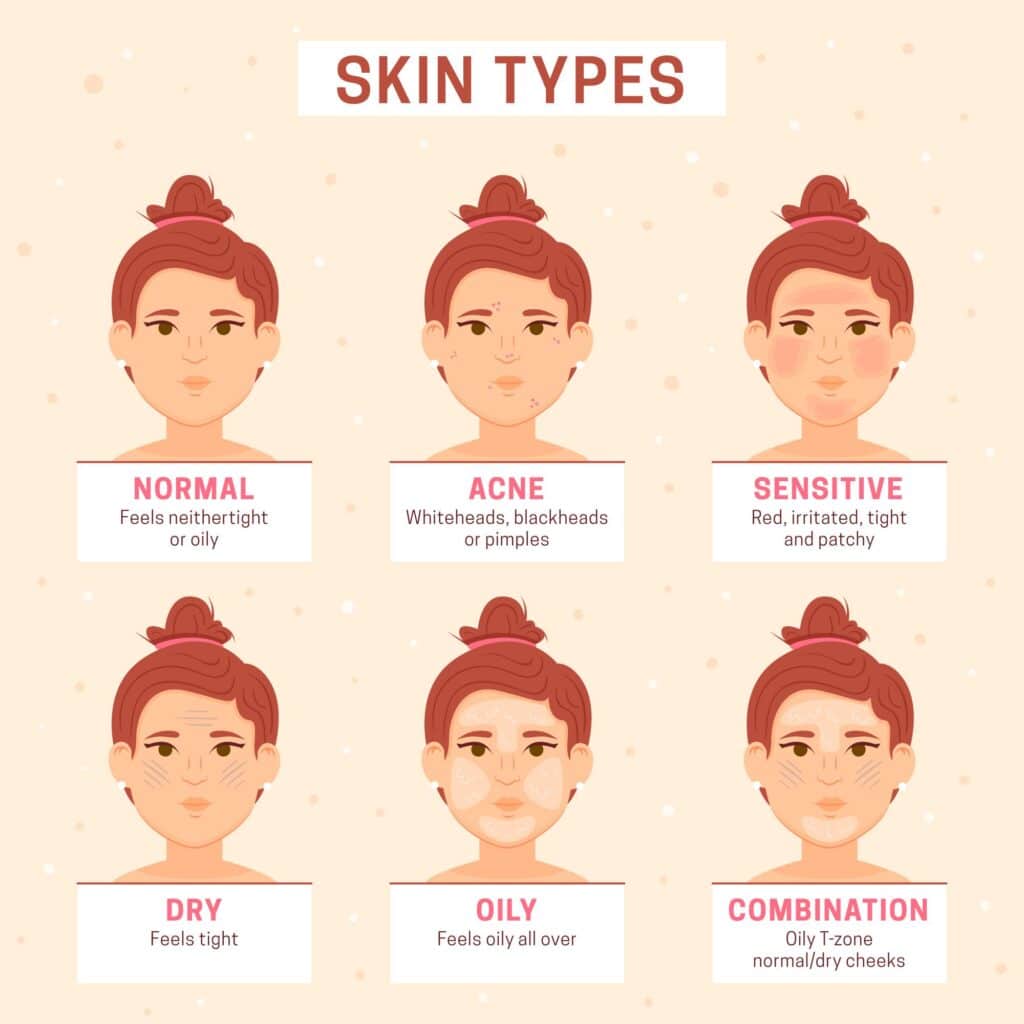
Before you start any skincare regimen, it’s crucial to know your skin type. This foundational step helps you select the right products and routines tailored to your skin’s specific needs.
Why Skin Type Matters
Your skin type—whether oily, dry, combination, or sensitive—dictates how your skin reacts to various products and environmental factors. Using the wrong products can worsen existing issues, such as dryness or acne, so understanding your skin type is key to addressing its unique needs.
Identifying Your Skin Type
Here’s a simple method to determine your skin type:
- Cleanse Your Face: Wash your face with a gentle cleanser and pat it dry.
- Wait an Hour: Don’t apply any products and let your skin return to its natural state.
- Observe Your Skin:
- Oily Skin: Your face looks shiny, especially in the T-zone (forehead, nose, and chin).
- Dry Skin: Your skin feels tight or flaky, especially on the cheeks.
- Combination Skin: You notice oiliness in the T-zone but dryness on the cheeks.
- Sensitive Skin: Your skin is prone to redness, irritation, or itching after applying products.
2. Cleanse Your Skin Properly
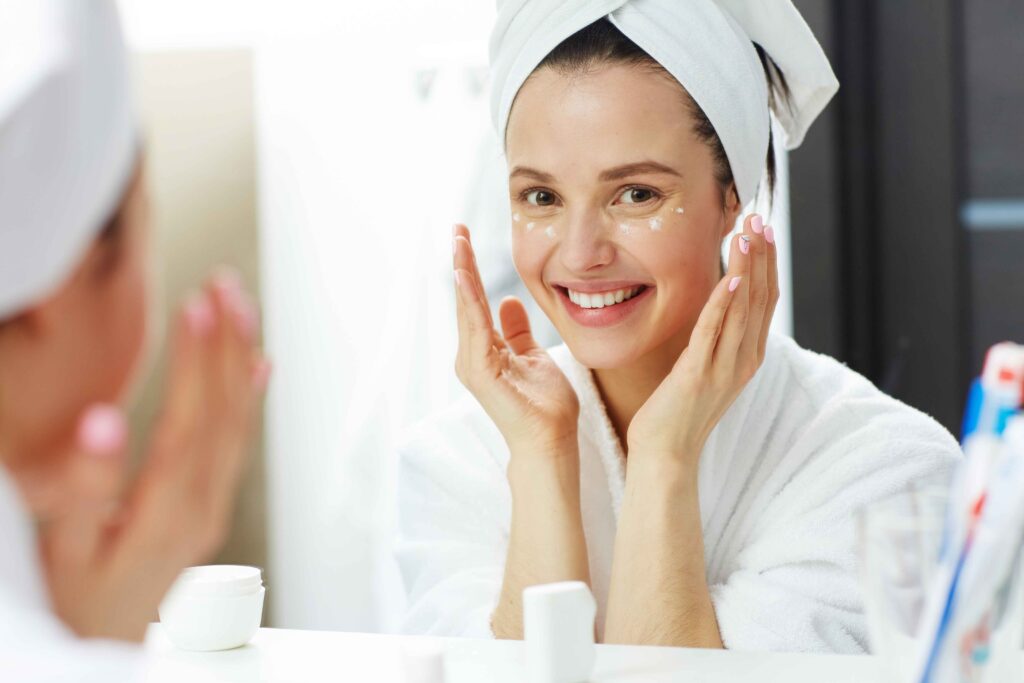
Cleansing is the cornerstone of any skincare routine. It removes dirt, oil, and impurities that can clog pores and lead to breakouts, but it’s essential to do it correctly to avoid stripping your skin of its natural oils.
Choosing the Right Cleanser
The right cleanser should cleanse without over-drying or irritating your skin:
- Oily Skin: Look for gel-based or foaming cleansers that control excess oil without stripping moisture.
- Dry Skin: Opt for cream or lotion cleansers that contain hydrating ingredients like glycerin or hyaluronic acid.
- Sensitive Skin: Use fragrance-free, hypoallergenic cleansers that are gentle on the skin.
How and When to Cleanse
- Morning Cleansing: Cleansing in the morning removes any sweat or oils produced overnight, preparing your skin for the day.
- Evening Cleansing: In the evening, focus on thoroughly removing makeup, dirt, and pollutants that accumulate throughout the day.
Tip: Always use lukewarm water—hot water can strip your skin of natural oils, while cold water may not effectively remove dirt and makeup. (skin care tips)
3. Exfoliate Regularly
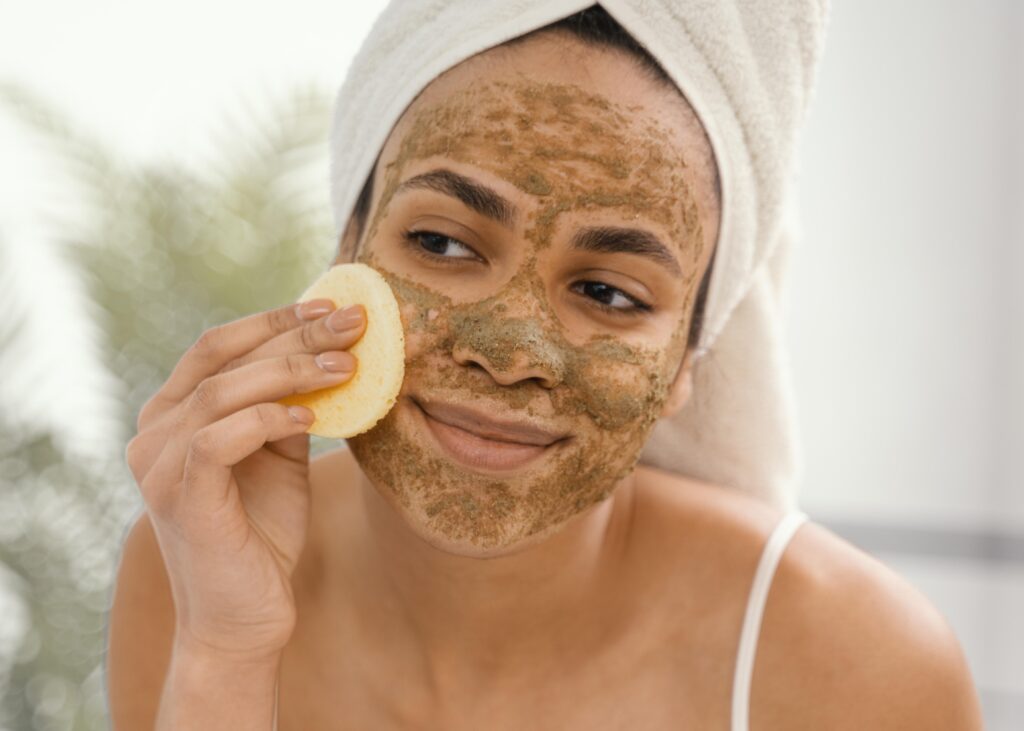
Exfoliation is the process of removing dead skin cells from the surface of your skin. Regular exfoliation can help unclog pores, smooth your skin’s texture, and enhance the absorption of skincare products.
The Benefits of Exfoliation
Exfoliating your skin regularly offers several benefits:
- Removes Dead Skin Cells: It helps reveal fresh, new skin underneath, which can make your complexion brighter.
- Prevents Clogged Pores: Exfoliation helps keep your pores clear, reducing the likelihood of breakouts.
- Improves Product Absorption: By clearing away dead skin cells, exfoliation allows your serums and moisturizers to penetrate more effectively.
Physical vs. Chemical Exfoliants
- Physical Exfoliants: These include scrubs with tiny granules that manually slough off dead skin cells. Be cautious with physical exfoliants—they can be abrasive if used too often or too aggressively.
- Chemical Exfoliants: These use active ingredients like alpha-hydroxy acids (AHAs) or beta-hydroxy acids (BHAs) to dissolve dead skin cells. Chemical exfoliants tend to be gentler and more effective for long-term use.
How Often to Exfoliate
How often you exfoliate depends on your skin type:
- Oily Skin: Exfoliate 2-3 times per week to keep pores clear.
- Dry or Sensitive Skin: Once or twice a week is sufficient to avoid irritation.
- Combination Skin: Focus on the T-zone or areas that need more attention, exfoliating 2-3 times a week.
Caution: Over-exfoliation can lead to irritation, sensitivity, and even breakouts. Always follow up with a moisturizer to replenish your skin’s moisture barrier. (skin care tips)
4. Moisturize Daily
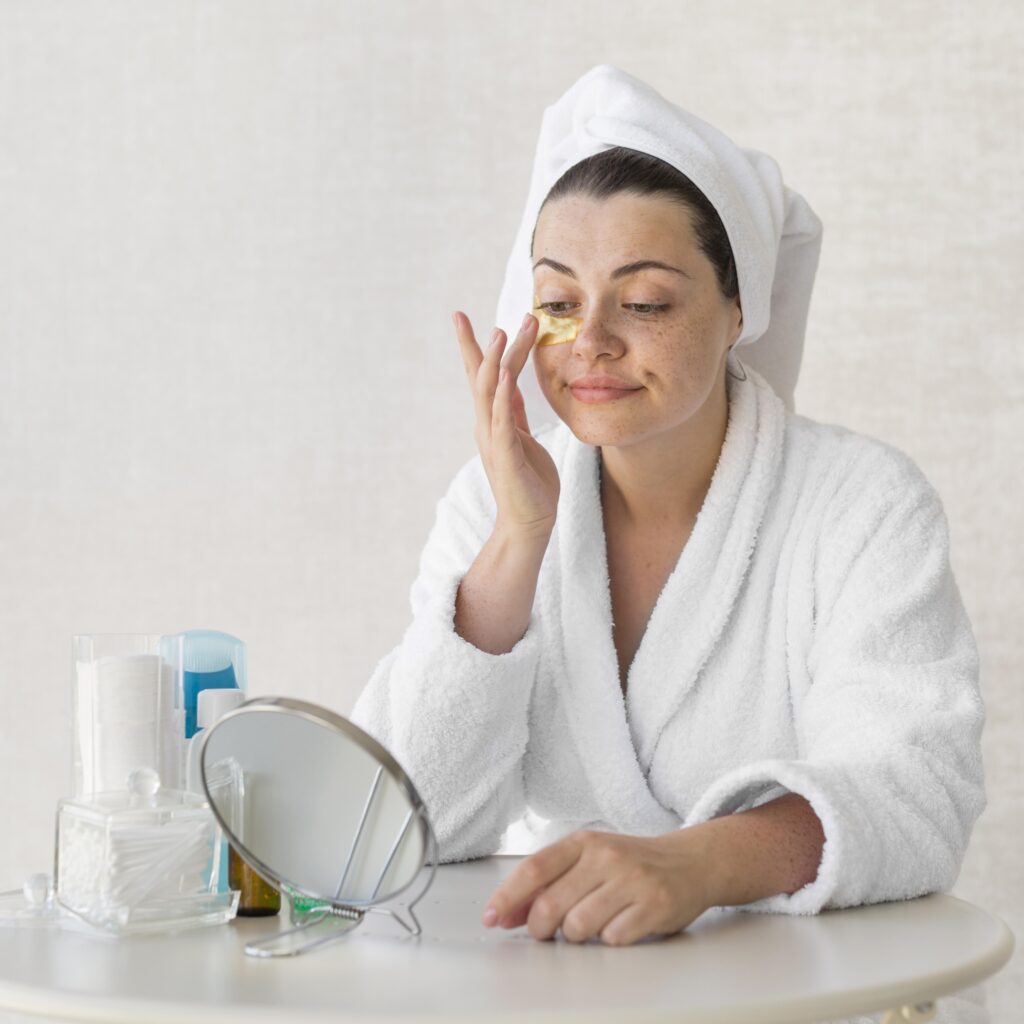
Moisturizing is vital for maintaining your skin’s hydration and protecting it from environmental damage. A good moisturizer locks in moisture and creates a barrier on your skin to prevent water loss.
The Role of Moisturizers
Moisturizers don’t just hydrate your skin—they also protect and repair your skin barrier:
- Hydration: Moisturizers attract water to the skin and seal it in, preventing dehydration.
- Protection: They provide a barrier against environmental aggressors like pollution and harsh weather.
- Repair: Certain moisturizers contain ingredients like ceramides or peptides that help repair the skin barrier.
Choosing the Right Moisturizer
- Oily Skin: Choose a lightweight, oil-free, or gel-based moisturizer that hydrates without clogging pores.
- Dry Skin: A richer cream or balm with ingredients like shea butter or hyaluronic acid will provide deep hydration.
- Combination Skin: Use a lightweight moisturizer in the T-zone and a richer one on dry areas.
- Sensitive Skin: Opt for a fragrance-free, hypoallergenic moisturizer with soothing ingredients like aloe vera or chamomile.
How to Apply Moisturizer
For best results, apply your moisturizer while your skin is still slightly damp after cleansing or toning. This helps lock in the moisture and keeps your skin hydrated longer.
5. Protect Your Skin from the Sun

Sun exposure is one of the leading causes of premature aging, including wrinkles, fine lines, and sunspots. Protecting your skin from the sun’s harmful UV rays is non-negotiable.
The Importance of Sunscreen
Sunscreen should be a daily part of your skincare routine, regardless of the weather or season. UV rays can penetrate clouds and even glass, causing damage over time.
- Prevents Sunburn: Sunscreen protects your skin from painful sunburns that can cause peeling and damage.
- Reduces the Risk of Skin Cancer: Prolonged sun exposure increases the risk of skin cancer; sunscreen helps mitigate this risk.
- Prevents Premature Aging: Sunscreen helps prevent sun-induced aging signs like wrinkles, fine lines, and hyperpigmentation.
How to Use Sunscreen
- SPF: Choose a sunscreen with at least SPF 30 for daily use. Higher SPFs provide more protection, especially during prolonged outdoor activities.
- Application: Apply a generous amount (about a teaspoon for your face) to all exposed skin, including your face, neck, and hands. Don’t forget areas like your ears and the back of your neck.
- Reapplication: Sunscreen should be reapplied every two hours, especially if you’re swimming or sweating.
Tip: Look for broad-spectrum sunscreens, which protect against both UVA and UVB rays. UVA rays contribute to premature aging, while UVB rays cause sunburn. (skin care tips)
6. Stay Hydrated

Hydration is not just about what you apply to your skin—it’s also about what you consume. Drinking enough water is crucial for maintaining your skin’s health from the inside out.
The Role of Hydration in Skin Health
Water is essential for your body’s overall health, and it plays a crucial role in maintaining your skin’s elasticity, texture, and appearance:
- Plumpness: Well-hydrated skin looks fuller and more youthful.
- Detoxification: Water helps flush out toxins from your body, which can reduce the likelihood of breakouts and improve your complexion.
- Elasticity: Hydrated skin retains its elasticity better, reducing the appearance of fine lines and wrinkles.
Foods that Boost Skin Hydration
In addition to drinking water, you can eat your way to hydrated skin by incorporating water-rich foods into your diet:
- Cucumbers: Made up of 95% water, they’re a great hydrating snack.
- Watermelon: High in water content and rich in antioxidants, watermelon is a skin-friendly fruit.
- Oranges: Packed with vitamin C and water, oranges help keep your skin hydrated and glowing.
- Leafy Greens: Vegetables like spinach and kale have high water content and are rich in skin-nourishing vitamins.
Tip: Aim to drink at least 8 glasses of water a day, and more if you’re active or live in a hot climate. (skin care tips)
7. Incorporate Antioxidants into Your Skincare

Antioxidants are powerful compounds that protect your skin from environmental damage, reduce inflammation, and improve your skin’s overall appearance.
What Are Antioxidants?
Antioxidants neutralize free radicals—unstable molecules that can damage your skin cells and lead to signs of aging. By incorporating antioxidants into your skincare routine, you can protect your skin and promote a youthful, healthy complexion.
Common Antioxidants in Skincare
- Vitamin C: Brightens skin, fades dark spots, and boosts collagen production.
- Vitamin E: Moisturizes and heals the skin, and works well with vitamin C for added protection.
- Green Tea Extract: Soothes the skin, reduces redness, and offers anti-aging benefits.
- Resveratrol: Found in grapes, this antioxidant protects against UV damage and has anti-inflammatory properties.
How to Use Antioxidants
- Serums: Use an antioxidant serum after cleansing and before moisturizing. Serums are concentrated, so they deliver a high dose of active ingredients directly to your skin.
- Moisturizers: Look for moisturizers that include antioxidants in their formulations. These products can provide additional protection and nourishment throughout the day.
- Diet: Don’t forget to consume antioxidants through your diet. Eating a variety of fruits, vegetables, nuts, and seeds can support your skin’s health from the inside out.
Tip: If you’re new to using antioxidants in your skincare routine, start with a product containing vitamin C, as it’s one of the most well-researched and effective antioxidants. (skin care tips)
8. Get Enough Sleep

Beauty sleep is not just a saying—your skin does most of its repair and regeneration while you sleep. Lack of sleep can lead to dull skin, dark circles, and premature aging.
The Science Behind Sleep and Skin
During sleep, your body goes into repair mode:
- Cell Regeneration: Skin cells renew and repair themselves, helping to heal damage from UV exposure, pollution, and other stressors.
- Collagen Production: Collagen, the protein responsible for keeping your skin firm and elastic, is produced in greater quantities during sleep.
- Blood Flow: Sleep improves blood circulation, which helps deliver nutrients to your skin and removes toxins.
Tips for a Good Night’s Sleep
- Create a Routine: Stick to a regular sleep schedule by going to bed and waking up at the same time every day, even on weekends.
- Sleep Environment: Make your bedroom conducive to sleep—keep it cool, dark, and quiet. Consider using blackout curtains and white noise machines if needed.
- Bedtime Ritual: Develop a relaxing pre-sleep routine, such as reading, taking a warm bath, or practicing meditation. This helps signal to your body that it’s time to wind down.
Tip: Aim for 7-9 hours of sleep per night. Consistent sleep patterns contribute to healthier, more vibrant skin. (skin care tips)
9. Avoid Harmful Habits

Certain lifestyle choices can negatively impact your skin, leading to premature aging, dullness, and other skin concerns.
Smoking and Your Skin
Smoking accelerates the aging process by reducing blood flow to the skin, depriving it of oxygen and essential nutrients:
- Wrinkles: Smoking causes the breakdown of collagen and elastin, leading to deeper wrinkles and sagging skin.
- Dullness: The toxins in cigarettes can make your complexion look dull and uneven.
- Healing: Smoking slows down the healing process, so blemishes, cuts, and other skin injuries take longer to recover.
Alcohol and Skin Health
Excessive alcohol consumption can also harm your skin:
- Dehydration: Alcohol is a diuretic, which means it depletes your body of water, leading to dry, flaky skin.
- Inflammation: Alcohol can cause inflammation and redness, particularly in those with rosacea or sensitive skin.
- Nutrient Depletion: Heavy drinking can deplete your body of essential vitamins and minerals that are necessary for skin health.
How to Minimize Damage
- Cut Back: If you smoke or drink, consider reducing your intake or quitting altogether. Your skin will benefit from the reduced exposure to harmful substances.
- Stay Hydrated: If you do drink alcohol, make sure to drink plenty of water to offset dehydration.
- Support Your Skin: Incorporate hydrating and nourishing products into your skincare routine to counteract any damage.
Tip: Consider seeking support for quitting smoking or reducing alcohol intake. The positive effects on your skin (and overall health) will be worth it. (skin care tips)
10. Manage Stress

Stress doesn’t just affect your mental and emotional health—it can also take a toll on your skin. Managing stress effectively can help you maintain a clear, healthy complexion.
How Stress Impacts Skin
Stress triggers a chemical response in your body that can cause various skin issues:
- Breakouts: Stress increases the production of cortisol, a hormone that can lead to oily skin and acne.
- Irritation: Chronic stress can exacerbate skin conditions like eczema, psoriasis, and rosacea, causing flare-ups and increased sensitivity.
- Dullness: Stress can slow down the skin’s repair process, leading to a lackluster complexion.
Stress Management Techniques
Incorporating stress management techniques into your daily routine can significantly improve your skin’s appearance:
- Exercise: Regular physical activity reduces stress and promotes healthy blood circulation, which benefits your skin.
- Mindfulness: Practices like meditation, deep breathing, and yoga can help calm your mind and reduce stress.
- Hobbies: Engage in activities you enjoy, whether it’s reading, gardening, or painting. Hobbies are a great way to unwind and de-stress.
- Sleep: As mentioned earlier, getting enough sleep is crucial for managing stress and keeping your skin healthy.
Tip: Try to identify the sources of stress in your life and take proactive steps to manage them. Your skin will thank you! (skin care tips)
Conclusion
Caring for your skin is about more than just using the right products—it’s a comprehensive approach that includes understanding your skin type, adopting healthy habits, and making lifestyle changes that support your skin’s health. By following these ten detailed skin care tips, you can achieve and maintain a healthy, glowing complexion that reflects your overall well-being. (skin care tips).
If you want to discover more Skin care tips and articles then check out here SKIN CARE
FAQs
1. How often should I exfoliate my skin?
The frequency of exfoliation depends on your skin type. For oily skin, 2-3 times a week is ideal. If you have dry or sensitive skin, exfoliate once or twice a week to avoid irritation.
2. What is the best way to determine my skin type?
To determine your skin type, cleanse your face and wait an hour without applying any products. If your skin feels oily, dry, or a mix of both, this will help you identify whether your skin is oily, dry, combination, or sensitive.
3. Why is it important to wear sunscreen daily?
Sunscreen protects your skin from harmful UV rays that can cause premature aging, sunburn, and increase the risk of skin cancer. It should be applied every day, regardless of the weather.
4. Can stress really affect my skin?
Yes, stress can trigger hormonal changes that lead to breakouts, exacerbate skin conditions like eczema or rosacea, and slow down the skin’s natural healing process. (skin care tips)
5. What are antioxidants, and how do they benefit the skin?
Antioxidants are compounds that protect your skin from damage caused by free radicals, which can lead to premature aging. They also help reduce inflammation and improve your skin’s overall appearance.
Sources
- Conductor – How to Write the Perfect H1 Heading Tag for SEO
- Kawasaki – Ninja H2® | Hypersport Motorcycle
- Vocabulary.com – The Vocabulary.com Top 1000
- W3Schools – HTML h1 to h6 tag
- H2 Database – H2 Database Engine
Related Articles
20 Best Fruits for Glowing Skin: Natural Foods for a Radiant Complexion
Fruits for glowing skin are nature’s simplest solution for radiant, healthy skin. Packed with vitamins, antioxidants, and hydration, these fruits…

How to Choose a Skincare Routine That Works in Any Climate.
How to Choose a Skincare Routine That Works in Any Climate. Choosing the right skincare routine is essential for healthy, glowing…
How to Rock the Hush Cut Hair Trend in 2025
How to Rock the Hush Cut Hair Trend: A Complete Guide to the New Hairstyle How to Rock the Hush Cut…
10 Red Eyeshadow Looks: Elevate Your Eye Makeup Game
Red Eyeshadow Looks: Stunning Ideas to Elevate Your Eye Makeup Game Red eyeshadow looks are taking over the beauty scene, and…
B Vitamin Complex for Hair Growth: Boost Your Locks Naturally
The Ultimate Guide to Using B Vitamin Complex for Hair Growth: Boost Your Locks Naturally! Are you tired of dealing with…

How To Moisturize Your Hair: A Comprehensive Guide
How To Moisturize Your Hair Introduction Moisturizing your hair is a crucial element in preserving its overall health and vibrancy. Regardless of…

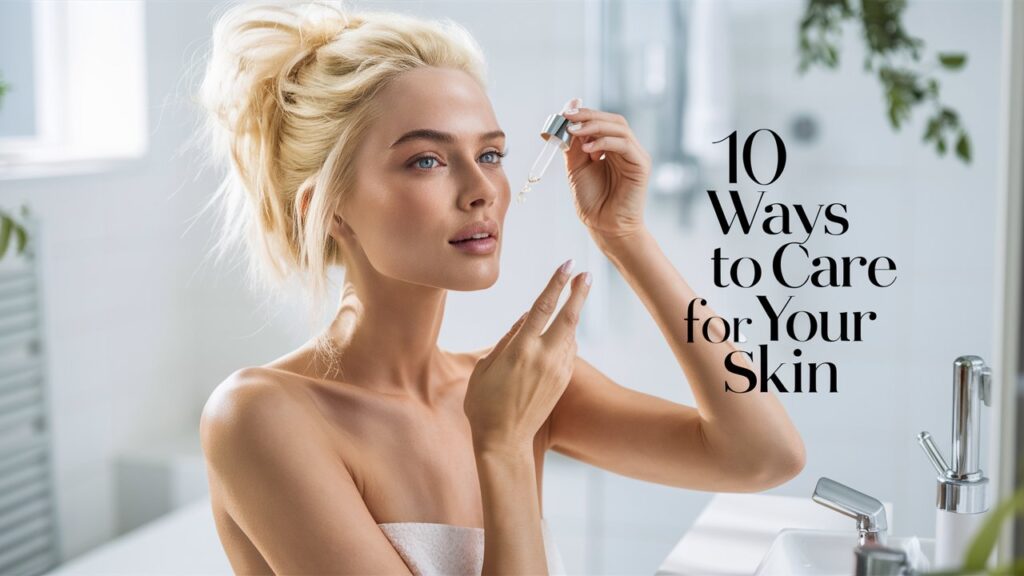
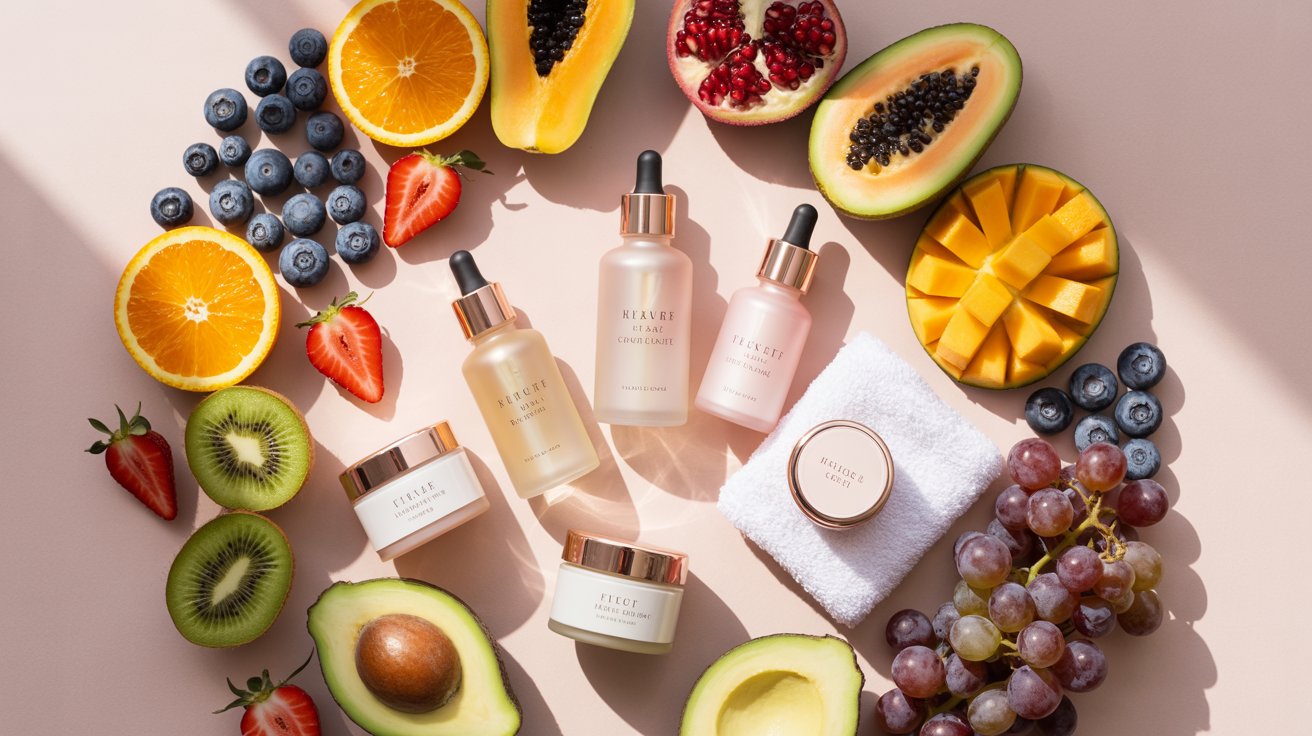



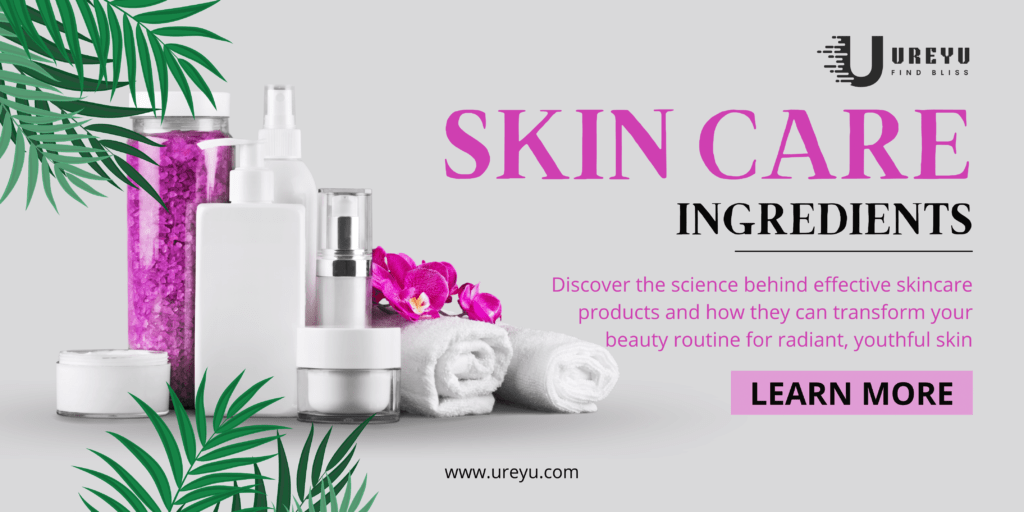
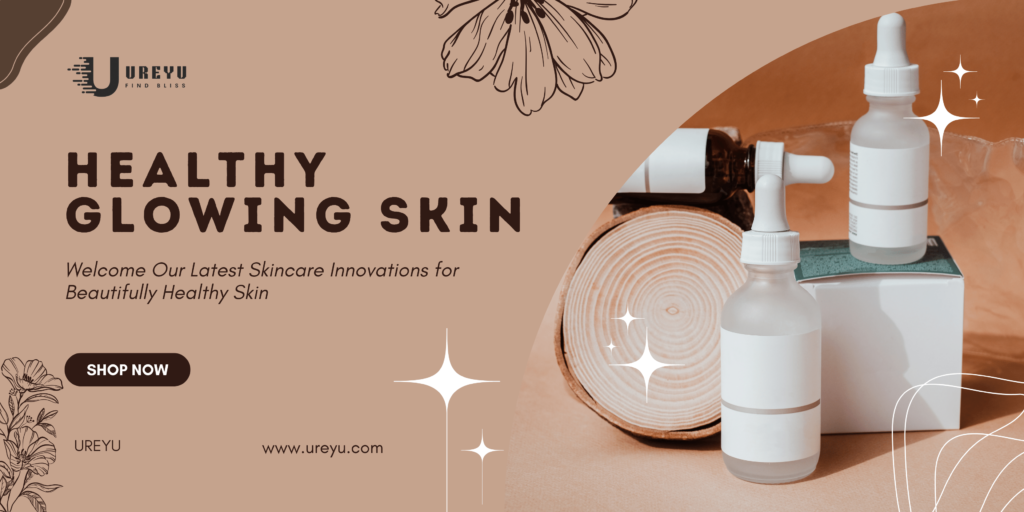
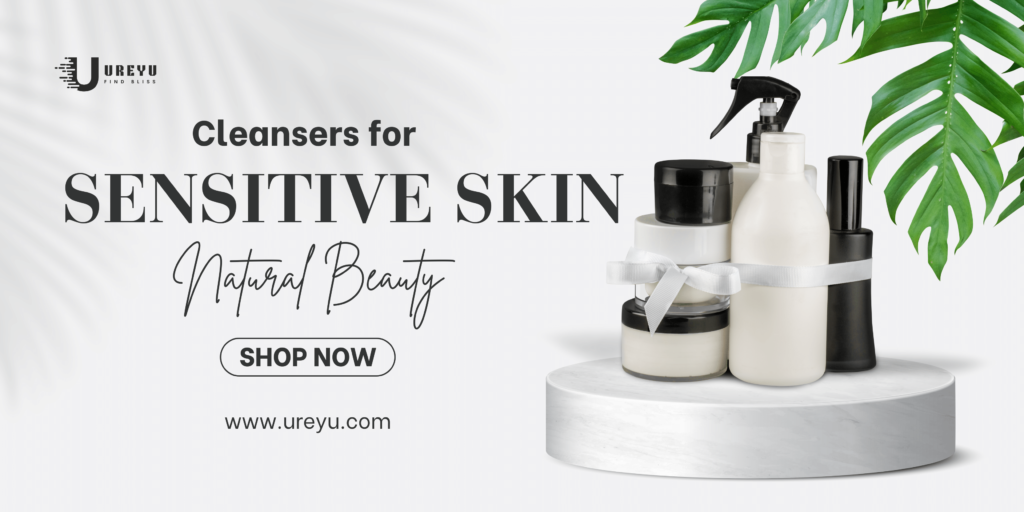
Its like you read my mind You appear to know so much about this like you wrote the book in it or something I think that you can do with a few pics to drive the message home a little bit but instead of that this is excellent blog A fantastic read Ill certainly be back
Enjoyed looking through this, very good stuff, appreciate it. “It requires more courage to suffer than to die.” by Napoleon Bonaparte.
I don’t even understand how I ended up right here, however I assumed this publish was great. I do not recognize who you might be however certainly you are going to a well-known blogger if you happen to aren’t already 😉 Cheers!
F*ckin’ awesome things here. I’m very glad to peer your post. Thank you so much and i’m taking a look ahead to contact you. Will you please drop me a e-mail?
z6hfhr